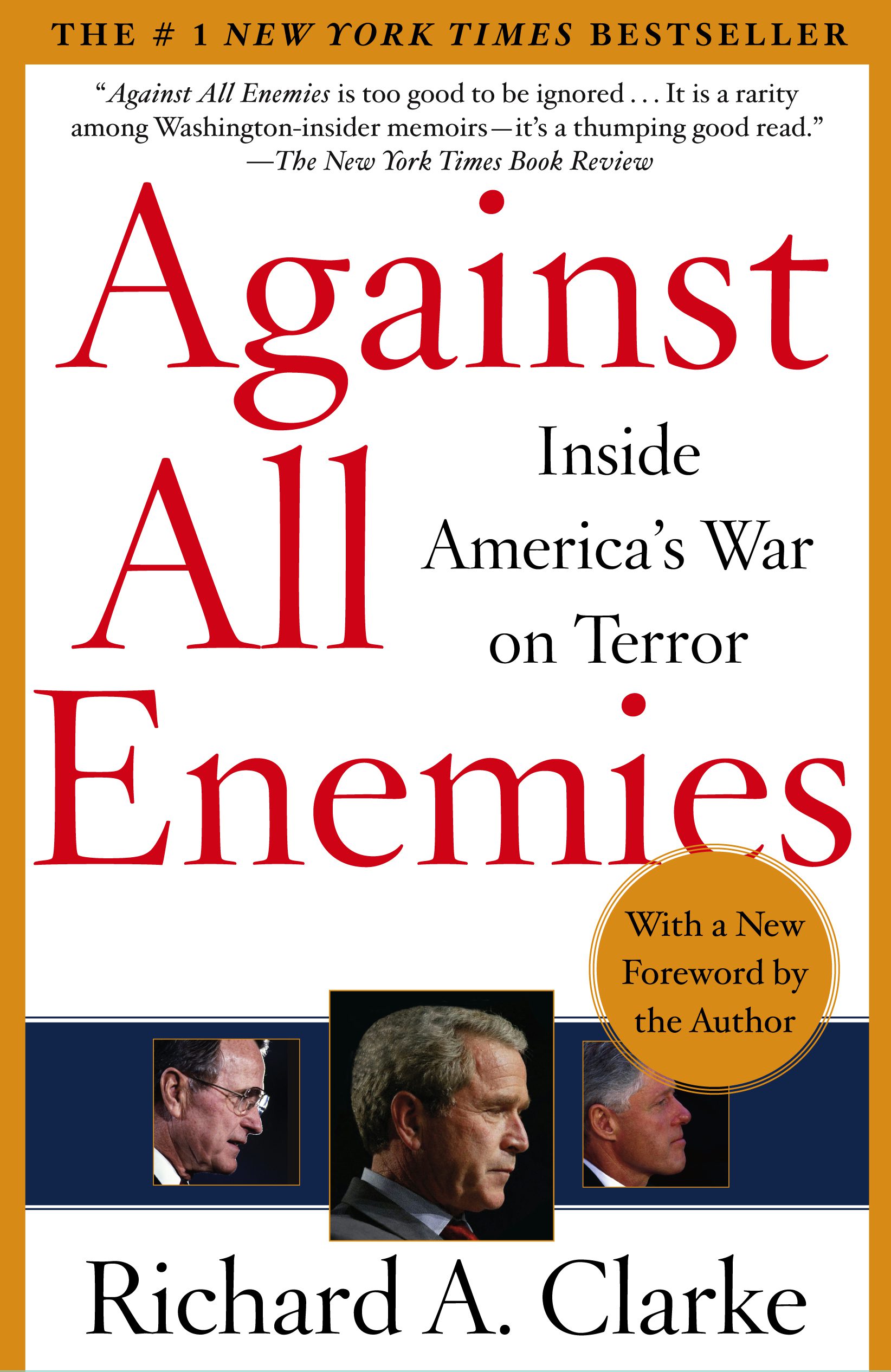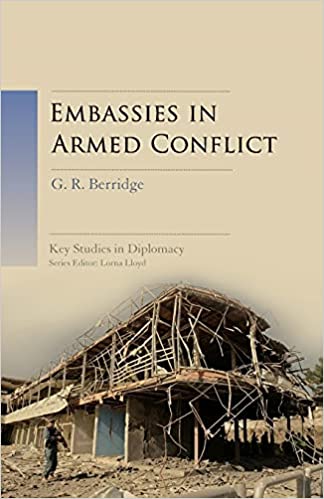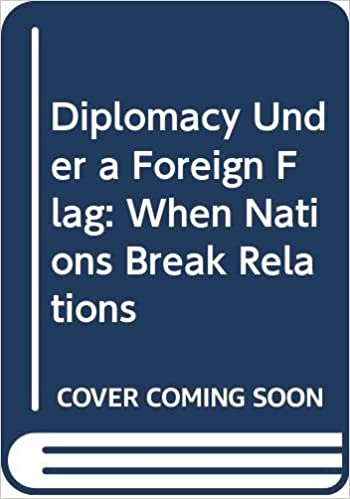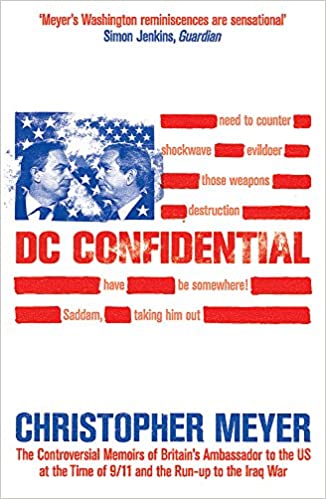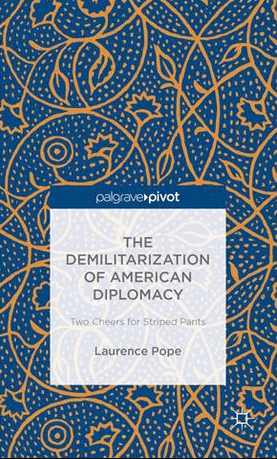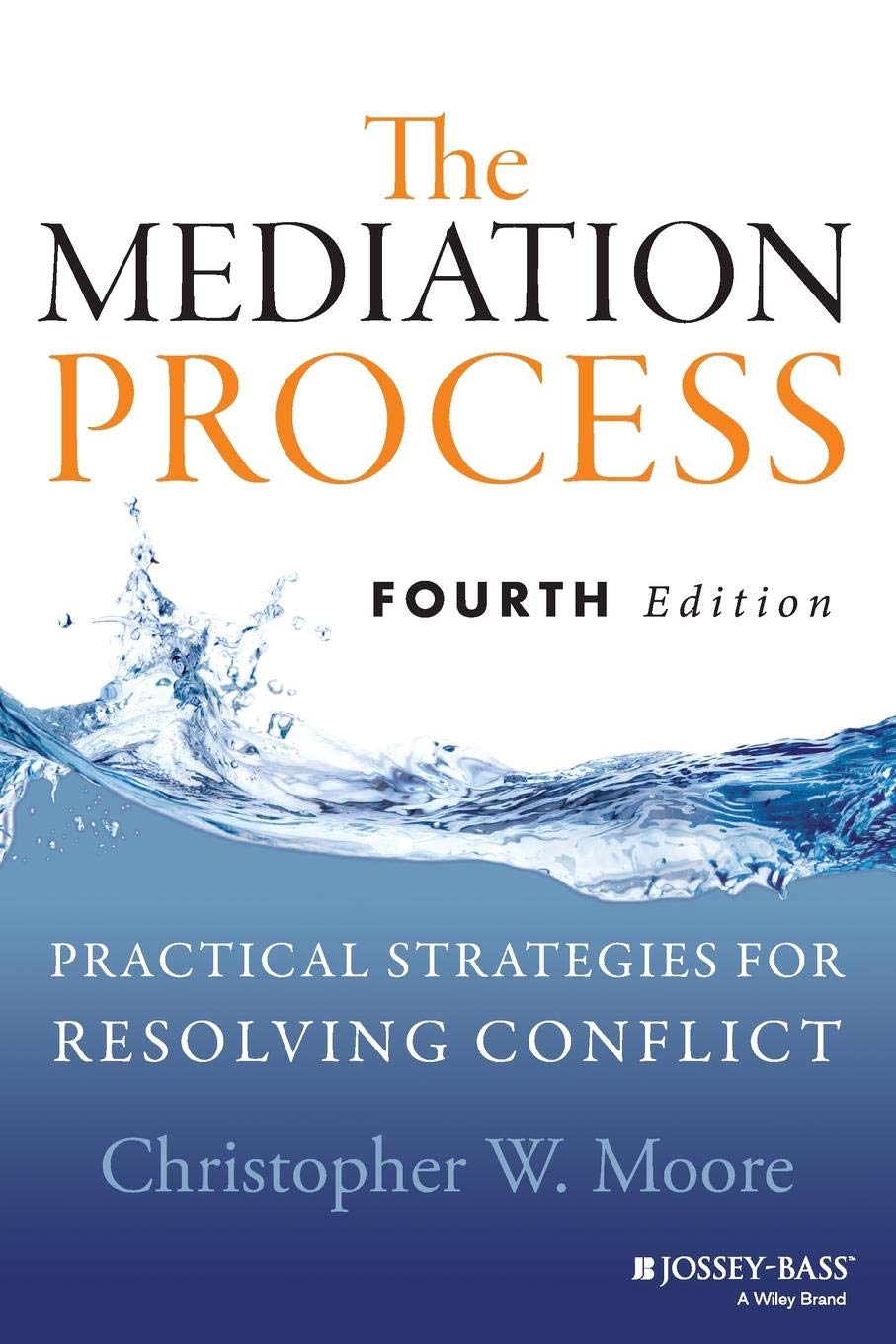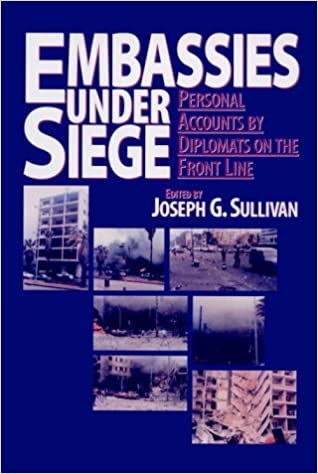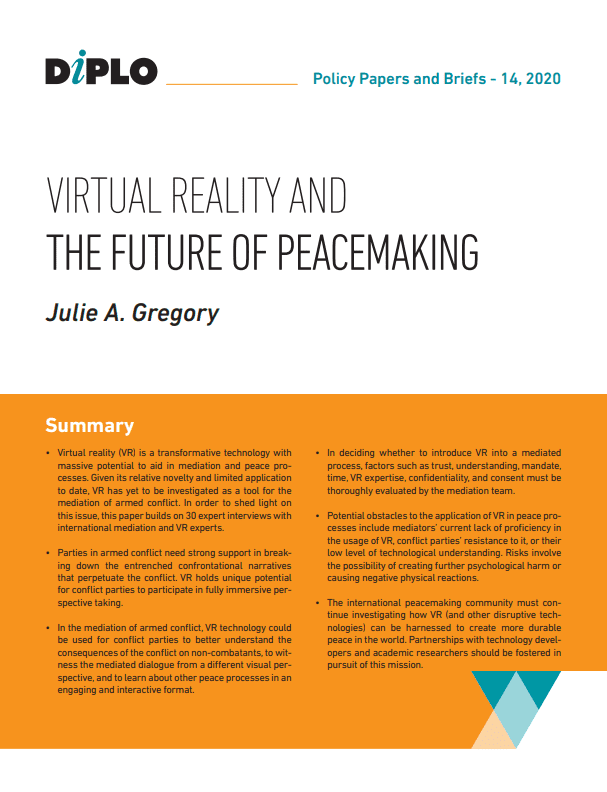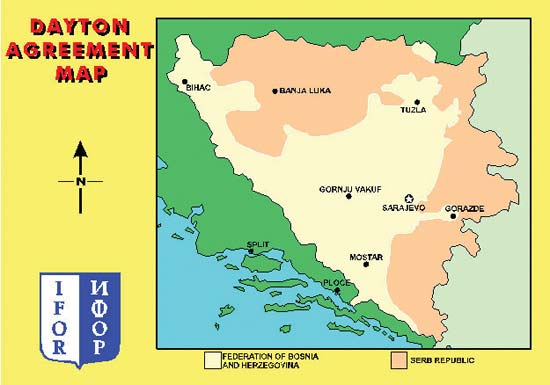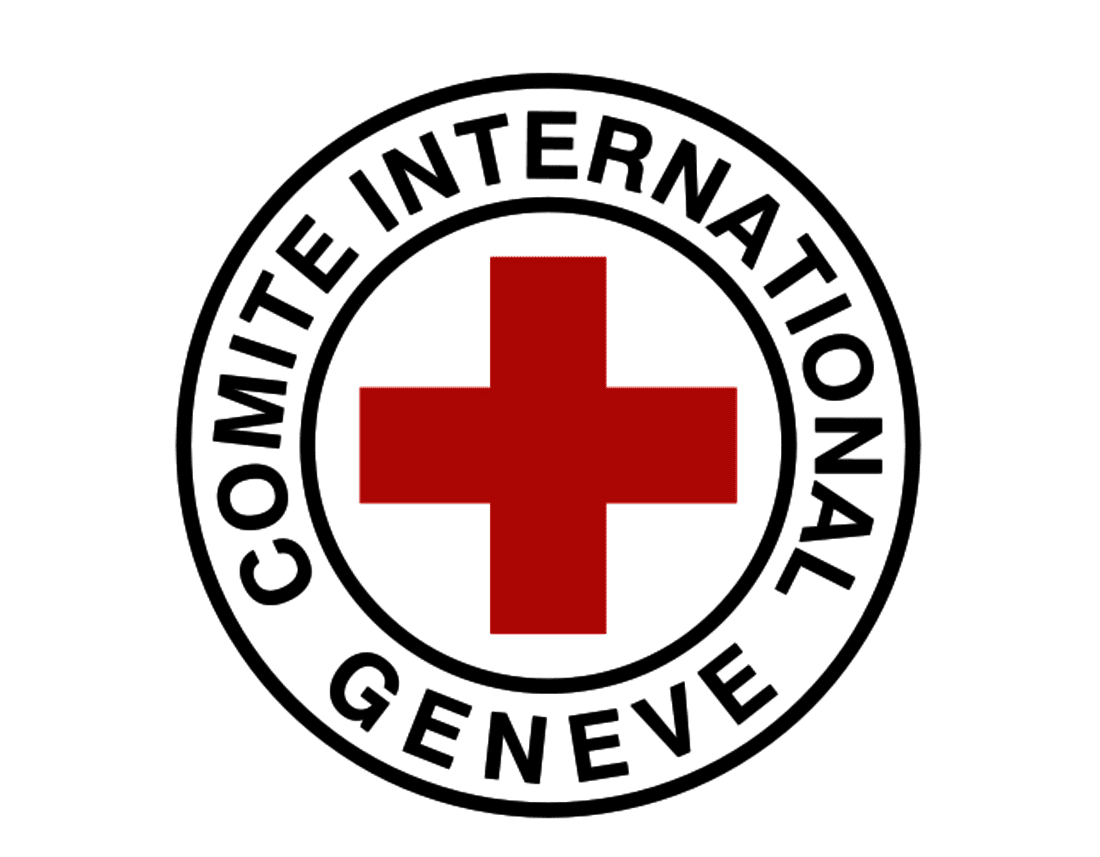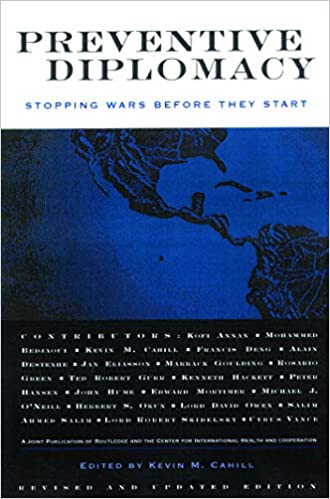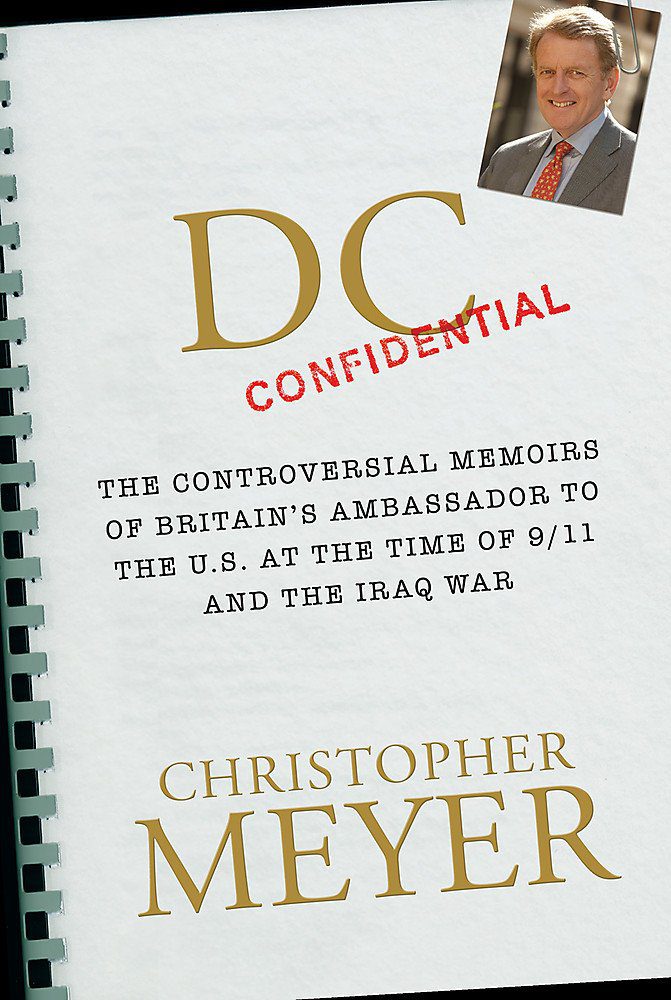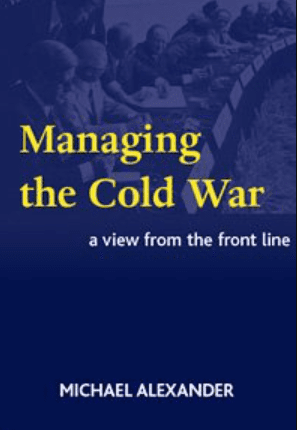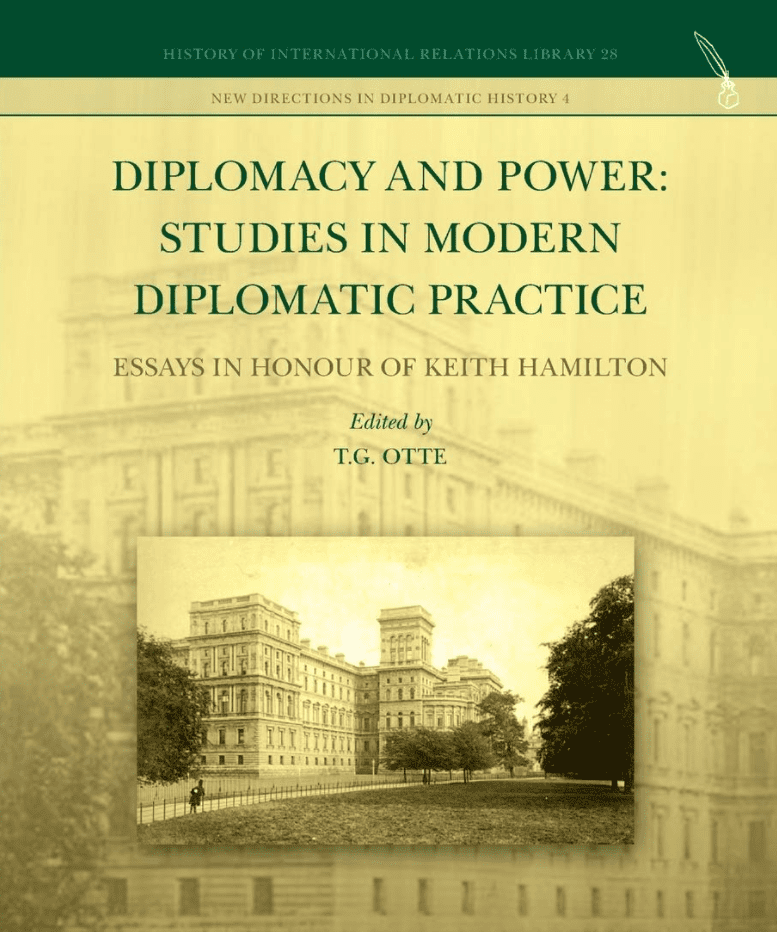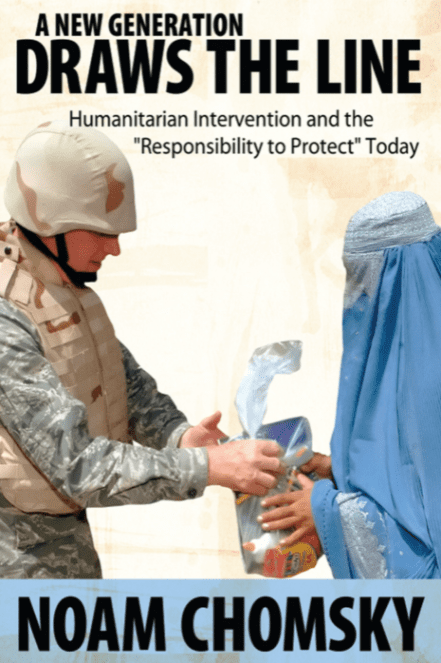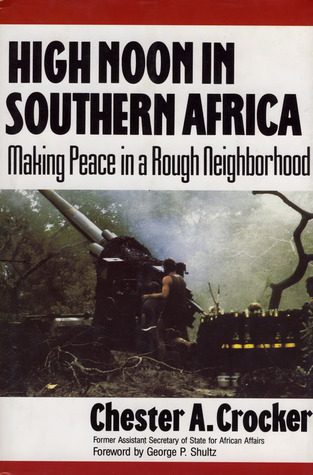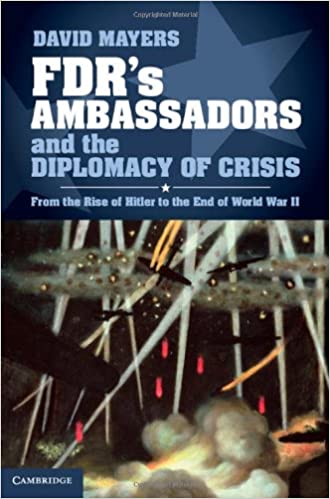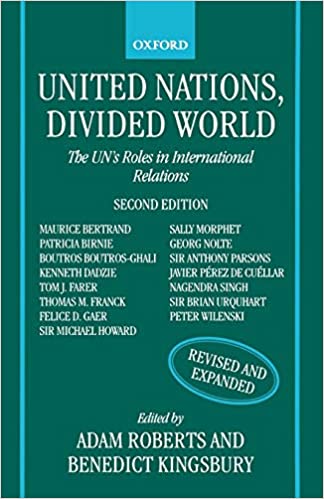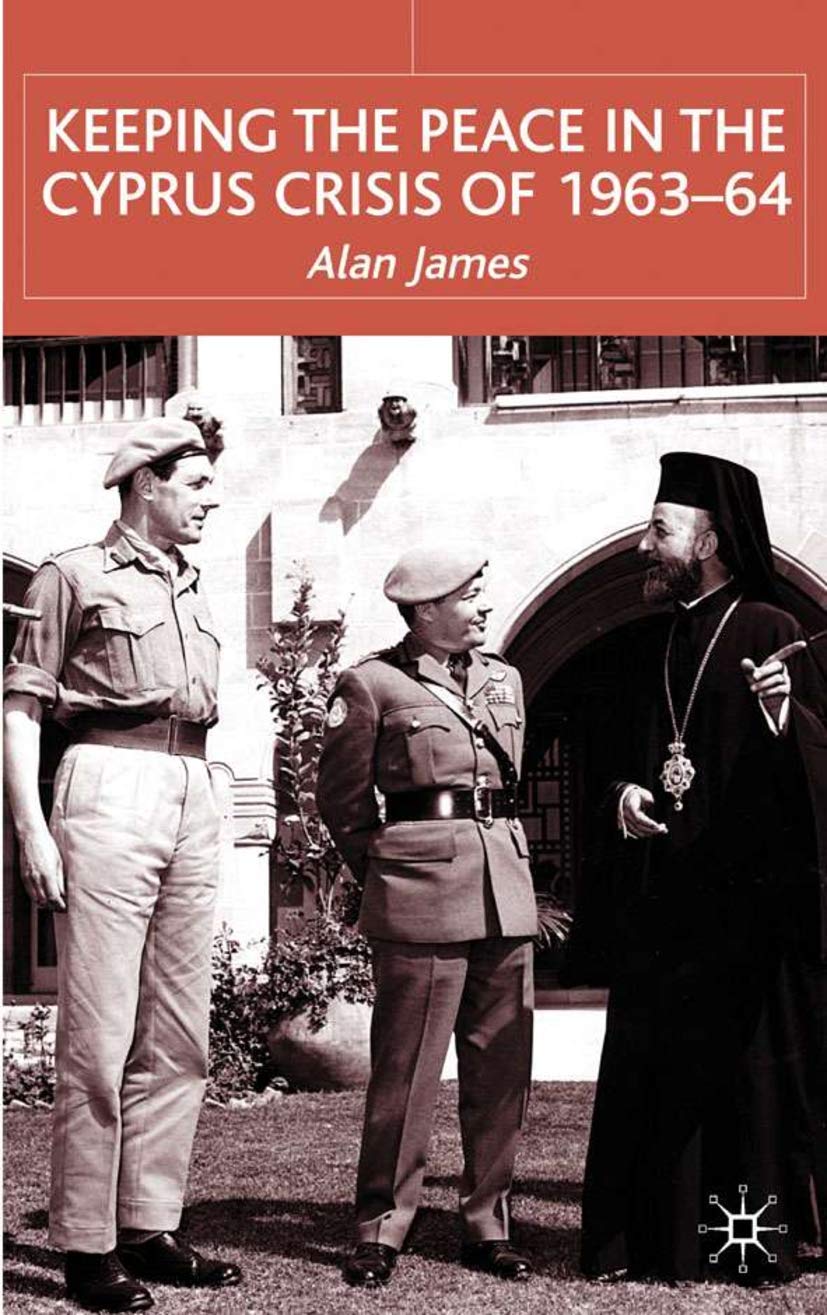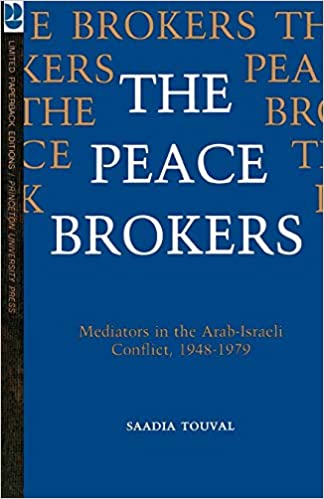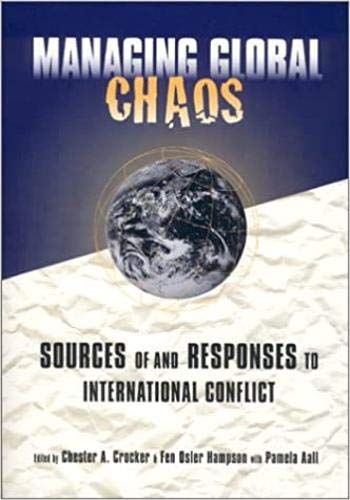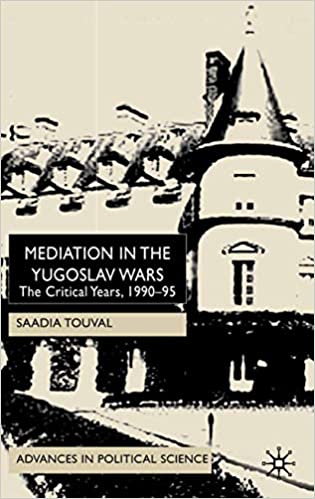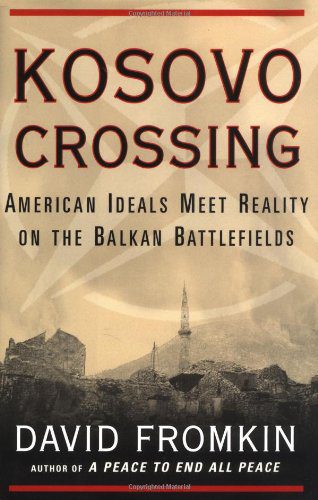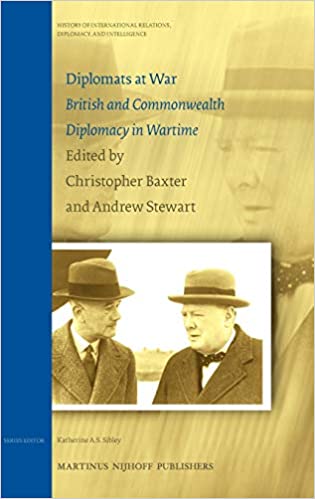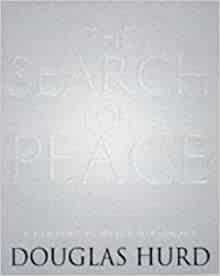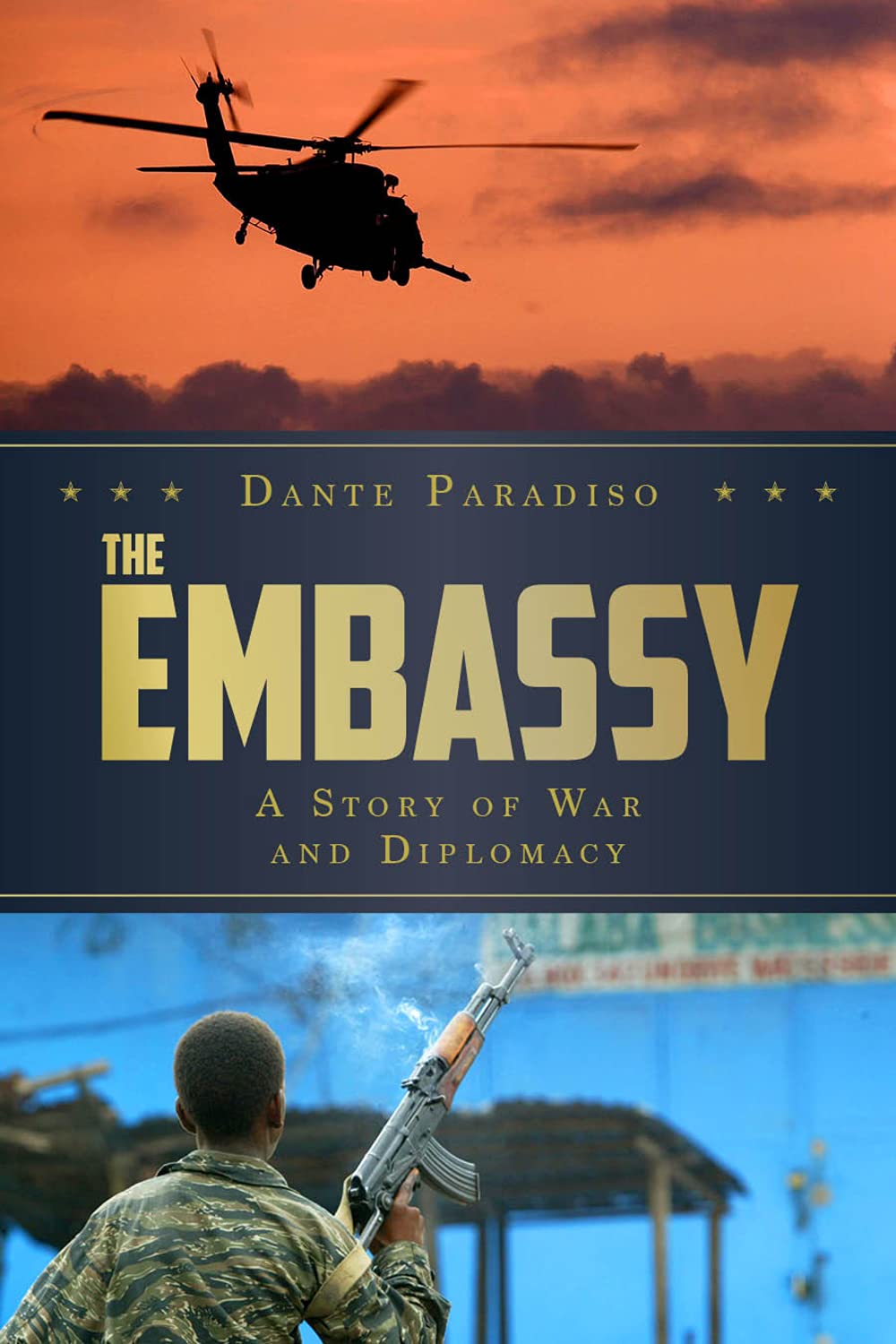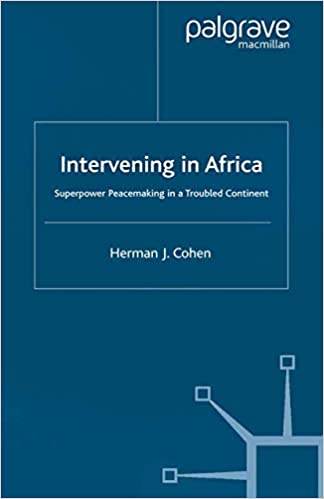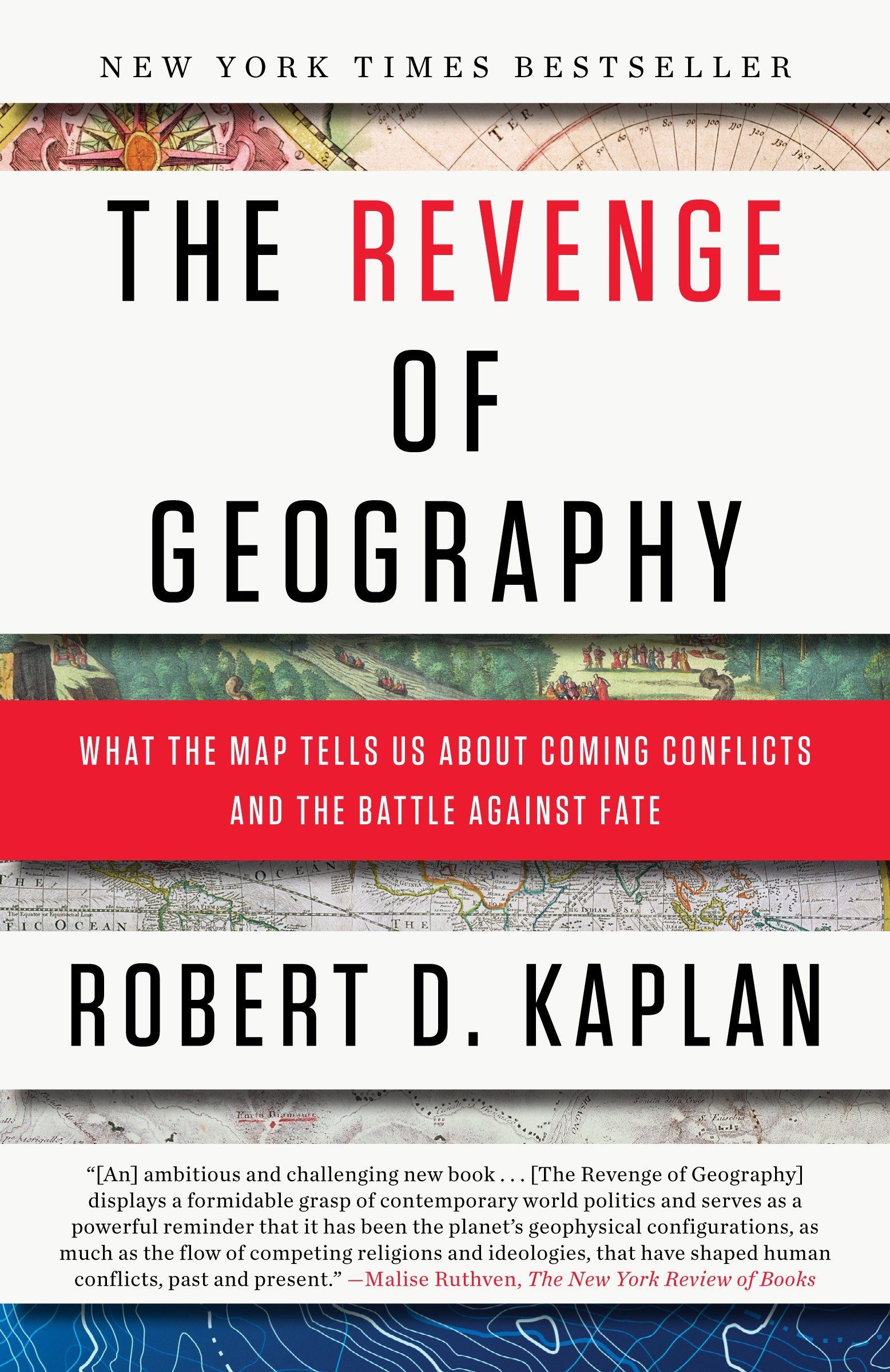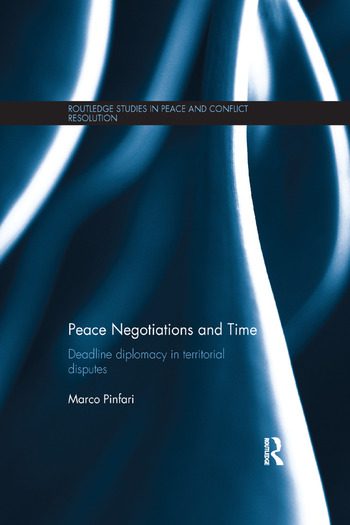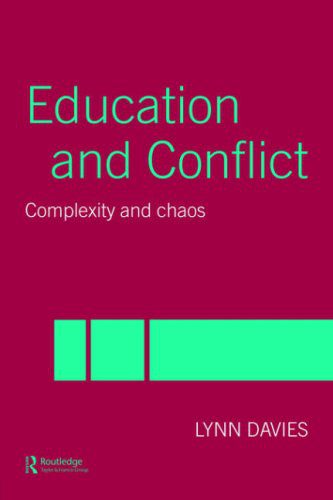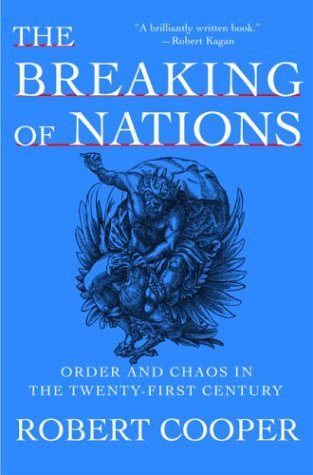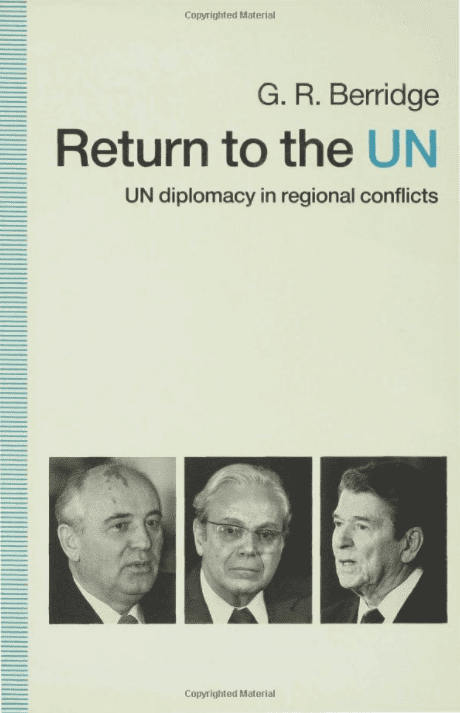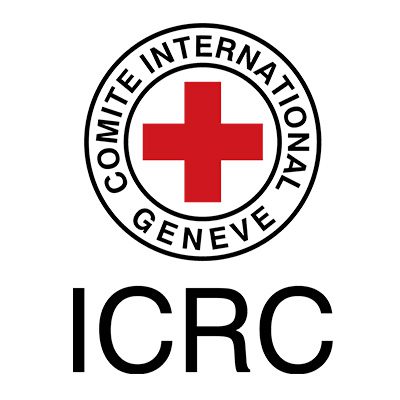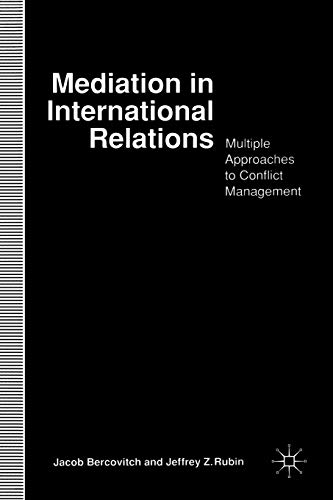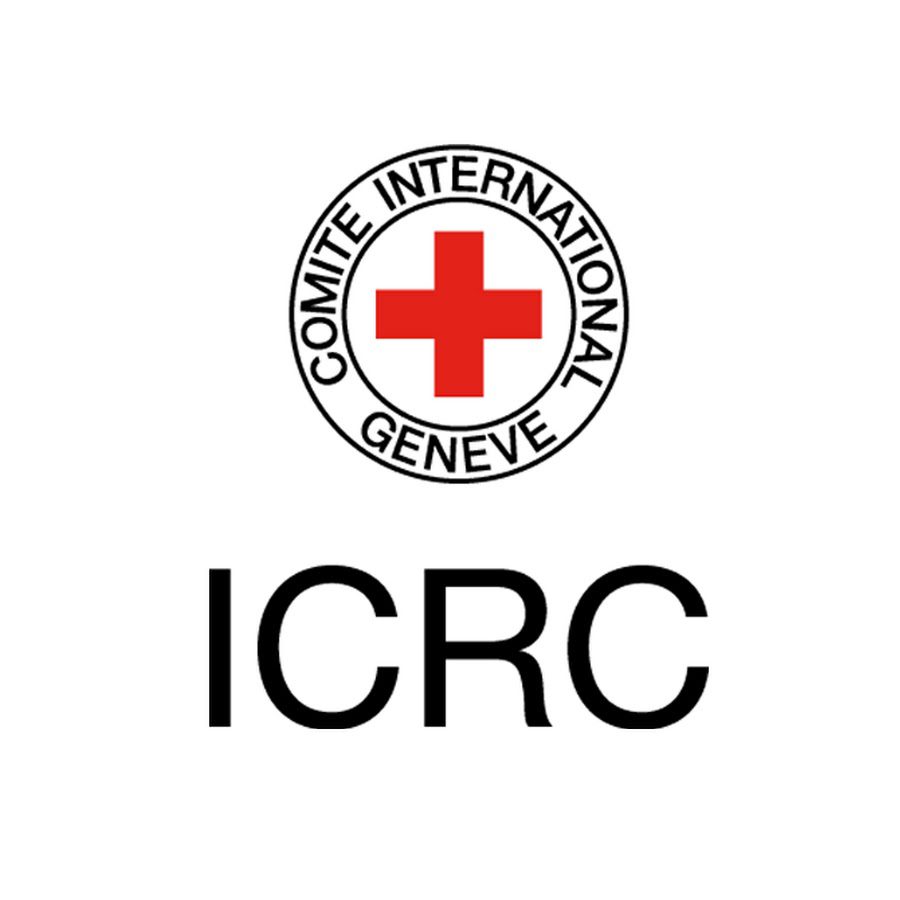It is not that the author fails to provide an inside view of what fighting terrorism in Washington is all about. On the contrary – the book is replete with heroes and villains, visionaries, fools and fighters. There is no dearth of action – or inaction – as the thunderous terrorist threat advances and obscures the sun. The reader’s emotions are aroused: ire, wrath, pity, pride. In the end, however, one is left with the impression that in some strange way these anti-terrorists are battling fictions, phantoms, shadows without substance.
Granted the implacable threat and – as it turned out – the unspeakable damage that it caused, what is the nature of the fundamentalist Islamic threat, what are its origins and causes? Surely to be successful a cure against such a monstrous disease one must go beyond the recognition of the syndrome and the use of effective palliatives to the identification of the deeper, biological causes. One does not expect from the author a learned academic discourse, but clear ‘war aims’ at least, against which to measure his progress, if not success. This the American ‘anti-terrorism czar’ fails – in a deeper sense – to provide.
The alleged ‘war aim’ of anti-terrorism is the defeat of al-Qaeda’s aims. The closest Clarke comes to describing al-Qaeda’s aims is his claims that the terrorist group is engaged in ‘worldwide struggle to establish a pure Caliphate’ (p. 136). Is this truly the terrorists’ ambition? And if so, is it credible? These two questions go in my view to the core of the strategy for fighting al-Qaeda.
Monotheist religions are by nature universalistic, hence expansive. Islam used war from the outset – by the end of the Omaiyyad Dynasty around 750 A.D. it had expanded through jihad-wars as far as Spain or Persia. The Caliphate has yielded jihad. Christianity used word of mouth in the beginning; as it was the ‘poor man’s religion’; once allied with secular power it too used war. Charlemagne liquidated 4,500 Saxon prisoners on a single day at Verden in 782 AD. Crusades was the next phase and, after the Western society became secularised, imperialism. Common to both movements is ‘the desire to bring good to the world by force’.
Common to both of them is also the desire for plunder. Plunder usually bested missionary drive – for the fighting masses heavenly rewards were never more than re-insurance. If the Ottoman Caliphate survived until 1924, its expansive force had ended with the Pace of Karlowitz in 1699. The West on the other hand went on i.a. to colonise, in on form or another, about ¾ of the Muslim world.
Both Islam and Christianity proselytised beyond the reach of their territories. From the outset the Christian drive was conscious and systematic. From St Francis in Palestine to St Francis Xavier in Japan the missionary effort is substantial and self-sustaining even when – e.g. in the Pacific – it allied itself with mercantile interests in order to justify the expense. Such Christian proselytising was typically an all-round effort that did not spare anyone: heathen, heretics or sectarians – an aggressive pattern that continues to this day. Islamic proselytism was much more incidental to enslavement or economic activity (mainly trade) and directed in general towards heathen – as it occurs to this day in Africa – while missionary proselytising among the ‘people of the Book’ (the Christians and the Jews) in their homeland is a recent and still limited development.
The Islamic revolution in Iran in 1979 and the emergence of ‘Islamic fundamentalism’ in the Middle East has been viewed in the West as the inception of a new historical period in the world of Islam – the renewed assertion of a claim to world-wide dominance. The ‘re-establishment of the Caliphate’ would be the final crowing of a struggle possibly lasting a century or more. This goal is to be achieved through jihad-wars, an improper term popularised by Khomeini, later Saddam Hussein, and now al-Quaida. In other words, jihad would yield the Caliphate.
The warring states of the West never had a sense of being a unified religious community; France happily allied itself with the Ottoman Empire in order to weaken the Habsburg rival in Europe. The Crusades were not a defensive reaction against Muslim military advances, for the Abbasid Caliphate was static and inward-looking, but a war of aggression – albeit limited to the Holy Land.
The world of the Islamic faithful on the other hand is described as Dar al-Islam – the house of peace – whose full integrity against invasion is the immediate duty of each pious Muslim. Violation of the house of peace is perceived as ultimate threat to Islam. The expulsion of U.S. military forces from both Saudi Arabia (the holy place of Muslim worship) and Iraq (as the symbol of captured oil wealth), and the rejection of the West’s last colonial avatar – Israel – have been the stated aims of bin Laden since the 1998. Indeed as late as April 15, 2004 bin Laden stated ‘Stop spilling out blood so we can spilling your blood… this is a difficult but easy equation.’ True, in the drive the Americans and their allies away from all Muslim countries every individual Muslim’s duty is to do so in any country in which this is possible, but this dispersed approach reflects the weakness of the Jihad movement to confront American military power directly. Bin Laden’s coherence in defining his ‘defensive’ aims is all the more remarkable since in times of adversity charismatic and mystical leaders tend to inflate the goals and promises in order to retain their followers and strike fear in the heart of the opponent. One might be allowed to query Clarke’s view of al-Qaeda’s aims.
Just as the original defence of its revolutionary ideals at Valmy led France to an aggressive path of hegemonic ambitions and conquest under Napoleon one cannot exclude that the original ‘defensive’ aims might subsequently transmogrify into world-scale ambitions of domination. But this evolution is far from automatic, or easy. It would require a ‘Caliph’ able to mobilise the masses of believers, it would require appropriate both military and material means of conquest and, most importantly, the acquiescence of the defeated populations after occupation by the Caliph’s forces. The Soviet Union is the last example of an empire built on military conquest. It has disintegrated. One has great difficulties imagining a world domination emerging by means of war and occupation.
Domination could be established by indirect means. One is proselytism. Christianity has expanded through the (often aggressive) missionary effort of individuals: the Apostles and their successors. Christian fundamentalists piggy-backing on American troops in Iraq are the most recent example of such aggressive proselytism. Lacking a dedicated priesthood, Islam has consciously relied on migration of the faithful to spread religion – for which there is the historical precedent of Mohammed’s hidjira to Medina. The increasingly assertive presence of Islamic houses of worship in the West is perceived by many Christians as evidence of an attempt to ‘occupy the terrain’ and undermine the Christian faith. This enhanced Islamic presence reflects more the pull of economic migration patterns than a missionary push, however, and in any case has never yielded demographic concentrations significant enough to obtain even local dominance. Today, migration no longer yields domination.
Terrorism remains an indirect means – as long as it is not followed by occupation. Could terrorism alone yield dominance? I’m not aware of any domination locally or on world-scale established let alone sustained by terrorism. The Assassin Shiite sect came close to destroying, never to rule the Abbasid Caliphate. Killing heads of state in the late 19th century brought Anarchists no closer to their dream of destroying the power of the state – and they made it easy for themselves by assuming utopian freedom emerging spontaneously from the broken fetters.
Highly opportunistic, unscrupulous and mediatic in its approach, al-Qaeda may be very effective in disrupting complex modern societies. Disruption is not the same thing as overpowering, and even a nuclear holocaust would not undermine democracy in America. Al-Qaeda has no plans to translate its power to destroy into an assertion of power and dominion – and for good reasons. During its translation from stateless structure to a political one, and before it could consolidate, it would be annihilated. This is the reason that al-Qaeda allied itself with the ruling Taliban in Afghanistan, but never identified with it – and survive the demise of the Afghan regime. Since its inception al-Qaeda has never attempted to seize power in any Muslim state, and even its current involvement in Saudi Arabia is directed against foreigners, not the monarchy, and shows no indication that is striving for seizing power.
Such an analysis of the threat posed by al-Qaeda would have yielded a sober view of the danger – terrorism as practiced by al-Qaeda is a by its very nature a police – not a military – a matter to be met with appropriate police means. Orthodox and unorthodox police means would need to be employed to weaken, if not destroy al-Qaeda – as they were employed during the Clinton years. Clarke describes the overt and some of the covert means (mainly snatches) that were used. The results were modest, given the ineptitude of the American intelligence and security forces, but that does not undermine the analysis.
The ineptitude was tactical – the U.S. has a long tradition of failing to read the opponent’s mind, even though it might have been very good at decrypting it. The ineptitude was also structural, however. By perceiving al-Qaeda as a ‘threat to civilisation’ the U.S. dispensed itself from having to study closely al-Qaeda’s strengths and weaknesses, but even more importantly its inherent limitations – and consequently overreacted when al-Qaeda had a fluke success on 9/11.
I doubt that invading Afghanistan has significantly weakened Al-Qaeda’s transnational network – justifiable as the military action might have been as a symbol of revenge. Bombing the playing fields of Eton would hardly have disrupted the British Empire. In other words, one is left to wonder as to how crucial the ‘training camps’ were, in view of the ‘distributed’ character of al-Qaeda. This effort, however, distracted from the real and more manageable task of hunting down the existing international terrorists operating amid alien communities and thus more easily exposed. The relative ease with which al-Qaeda operatives or fellow-travellers have been picked up recently in Europe is an indication of the real chances of success – once one sets about hunting down people, rather than daemons.
Overestimating the task has the unintended effect of discounting real progress and belittling the effectiveness of targeted measures. Despite the U.S. success in the 90es in halting terrorist activities through targeted strikes (Iraq after the assassination attempt on Bush Sr) and Iran (by intelligence means) selectivity is shunned as adequate response to a ‘civilisational’ threat.
By describing al-Qaeda as a ‘threat to civilisation’, finally, Clarke provided the rationale for the ham-fisted militarising of America’s response to 9/11 by an obtuse and solipsistic Republican administration. As a result America is now over-extended militarily, isolated, reviled world-wide, and bogged down in Iraq without a clear exit strategy short of unilateral withdrawal from the country and the region.
Clarke was in charge of anti-terrorism. Yet his book is essentially about al-Qaeda. Were there no further terrorist threats? North Korea is hardly mentioned. Kashmir gets no mention as a phenomenon separate from Islamic fundamentalism. The many forms of European terrorism, from ETA to IRA, fail to make the Index. Even Islamic terrorism, as long as it does not target the U.S., fails to make it on to Clarke’s radar screen. By viewing terrorism through the operative lens of the threat to American interests and people Clarke blinds himself to an understanding of the terrorist phenomenon in general. Focus, in this instance, is counterproductive, for it destroys perspective depth.
Like one of those pictures in which one can see either two black face profiles or one white vase, one can read Clarke’s book two ways. One for what it contains – and it reads as a tragedy of purpose. The other is for what it fails to include – and it reads as a fascinating morality tale of human folly. In either case, it is worth reading.
Review by Aldo Matteucci
